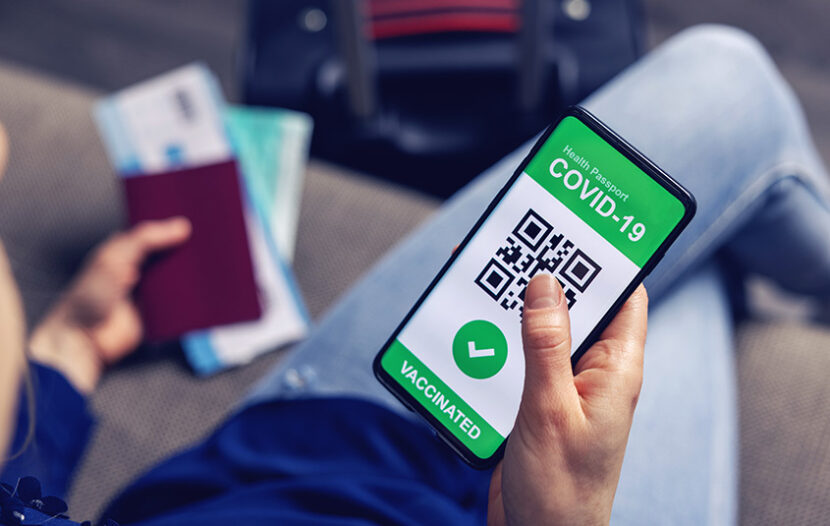BRUSSELS — IATA says the EU’s airlines and airports are warning of “major operational risks” due to the inconsistent approach by the 27-member bloc in applying the EU’s much-heralded Digital COVID Certificate (DCC), i.e. the EU’s proof of vaccination system for travel.
IATA, along with other EU-based airline and industry groups, sent a letter to the EU heads of state urging leaders to coordinate DCC verification standards and protocols, to avoid unnecessary airport queues and ensure a smooth passenger experience.
The deadline for member states to implement the DCC is tomorrow, July 1, although many countries including Germany, Greece, Bulgaria, the Czech Republic, Denmark, Croatia and Poland began using the system weeks ago, ahead of the deadline.
Says IATA: “While the European Commission has worked closely with industry and delivered in record time the adequate framework allowing for common and fully interoperable DCCs, no less than 10 different national approaches and solutions are currently under review across the EU.
“Combined with a lack of full and effective integration of the DCC in the passenger journey, as well as duplication of document checks (average check-in processing times, for example, have increased 500% to 12 minutes per passenger) – the current state of play threatens the success of this summer’s air travel restart and will undermine free movement of citizens across the EU.”
The European Commission has flagged the issues, adds IATA, and yesterday issued recommendations and guidance to EU states to address them.
IATA and other groups are calling for verification of the DCC to take place well in advance of departure and ahead of passengers arriving at the airport, together with Passenger Locator Forms (PLFs) and without duplication of checks.
“With the peak summer travel season upon us, the EU thankfully now has a number of tools and measures available to enable and support the restarting of air connectivity, alongside travel and tourism. We need Member States to urgently implement these tools in a harmonized and effective manner. We view these as essential prerequisites to travel, to avoid long passenger queues and waiting times which would create new health hazards and inevitably result in operational issues for airports and airlines,” said the four associations in their joint letter to Heads of State.
Here’s what IATA and other industry groups are calling for:
. Develop a state portal to facilitate DCC verification directly by national authorities and limit health data processing by airlines. This online verification – when done off-airport through the state portal – should result in a standard signal such as a QR code provided by the passenger to the airline to facilitate the issuance of the online boarding pass;
- Ensure that the state portal for DCC verification also integrates the verification of the PLF form, ideally using the EU Digital Passenger Locator Form (dPLF) allowing the seat number to be provided after check-in;
- Ensure that the remaining DCC verification taking place at airports for holders of paper DCCs can be conducted using one single verifier app;
- Refrain from requesting DCC verification on arrival, as it would “serve little medical purpose, and could lead to unnecessary queuing” – as recognised in the EASA-ECDC Aviation Health Safety Protocol.
IATA says the recovery in the EU’s air connectivity is proceeding at a slow pace, with over 5,600 air routes lost this month compared to June 2019. On the other hand, the desire to travel is strong, adds IATA, with 61% of Europeans surveyed wanting to travel between now and the next two months. And passengers support digitalization processes, says IATA: 89% want globally standardized COVID-19 test or vaccination certifications.

